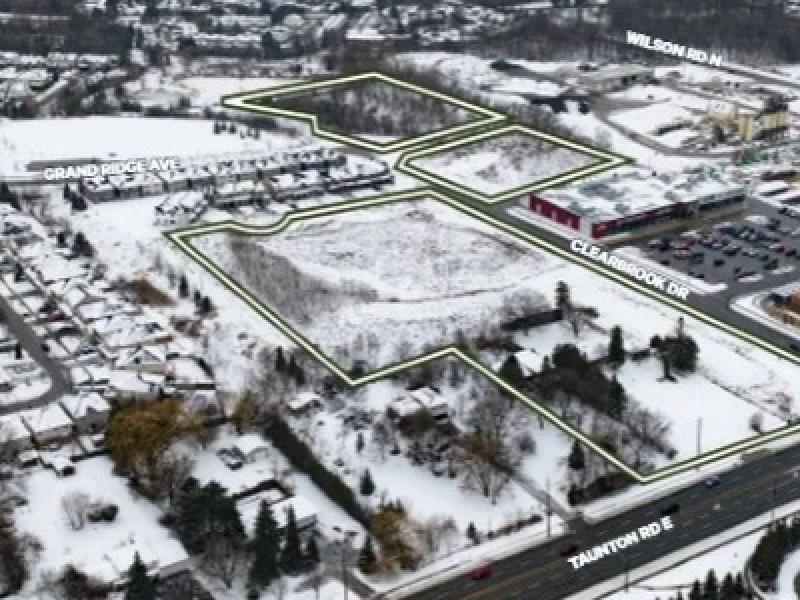
Almost three-in-10 Canadians planning to retire during the next two years expect to still be paying off their mortgages, according to a Royal LePage survey. That number has been increasing over the past few years.
In its poll of 1,626 adults conducted by Leger, Royal LePage found problems with housing affordability are afflicting not just first-time homebuyers, but also seniors. Twenty-nine per cent of those preparing to retire in 2025 or 2026 said they expect to make mortgage payments on their primary residence into their retirement years.
In 2016, 14 per cent of households with income earners aged 65 and older had a mortgage, according to Statistics Canada data. In 1999, it was eight per cent.
Just over half (51 per cent) of Canadians expecting to retire in 2025 or 2026 said they have already paid off their mortgage or will complete their payments before permanently leaving the workforce, according to the survey
“In the era of rotary phones and station wagons, burning your mortgage was the economic finish line. Today’s retiree reality is much more nuanced,” Phil Soper, president and CEO of Royal LePage, said in a release about the survey results.
The steadily appreciating home prices over the past 25 years have been a double-edged sword for today’s retirees, he continued. While some have benefited from having their home as an investment, “this generation is far more likely to have carried mortgage balances that would have been unimaginable to their parents or grandparents.”
Demographic and economic shifts responsible
The shift is reflective of Canadians entering the housing market later, and retiring later, than past generations. A palpable change has occurred even during the past five years.
From 2020 to 2024, the average age of retirees went up from 64.3 to 65.3. In 2021, Royal LePage found 33 per cent of first-time homebuyers were aged 35 and older. Two years later, another Royal LePage survey found that had increased to 43 per cent.
“With people buying their first homes later and working longer, it’s increasingly common for Canadians to carry a mortgage well into retirement, often by choice rather than necessity,” Soper said.
It is difficult to deny the benefits of paying off a mortgage before retiring. Retirees can rest easier with the certainty their home is financially secure, have more disposable income on hand and be shielded from changing interest rates, he said.
But the traditional ideal of living one’s twilight years with no mortgage hanging over their head may no longer be as much of a goal, Soper suggested. Seniors today can continue their mortgage payments with investment income, part-time work or a working spouse.
Even split between staying home or downsizing
Royal LePage also asked Canadians whether they plan to stay in their current home or downsize.
Of those surveyed who planned to retire in 2025 or 2026, 34 per cent said they expect to downsize within two years of retiring and 12 per cent before they retire – a net figure of 46 per cent. That's an almost even split with the 47 per cent who do not expect to downsize prior to or within two years of retiring.
The real estate company also had Leger ask 471 of its brokers and representatives across Canada what trends they are seeing within their markets on this topic.
There was a roughly even split between the Royal LePage advisors who reported a decrease in the number of downsizers in their market and those who have not observed such a shift. Nationally, 46 per cent said more retirees are staying in their current homes.
“Some see a smaller home as a practical and liberating choice – less maintenance, more liquidity to fund travel or to support their children’s home ownership journey,” Soper said. But others may not see a compelling financial reason to move, as the space means they can enjoy their hobbies, entertain guests or “take pride in the home they’ve worked decades to own outright”.










